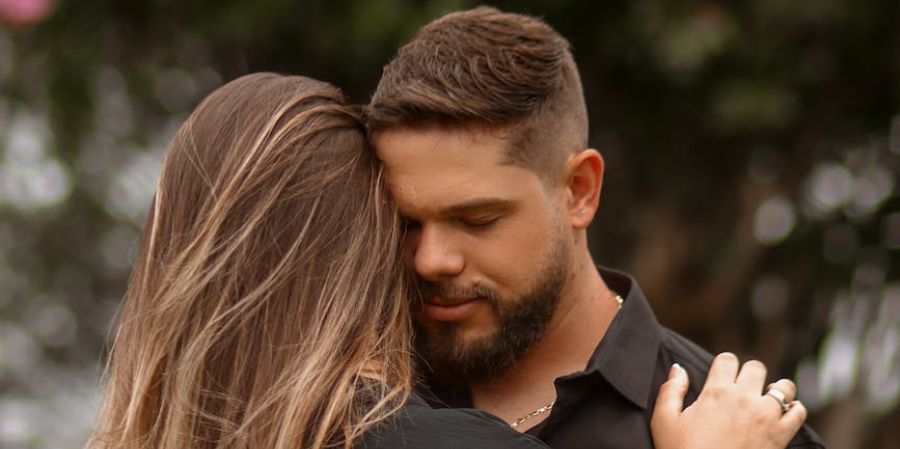

The concept of unconditional love is frequently mentioned but rarely fully comprehended. It is having unflinching love and acceptance for someone, no matter what they do or how things turn out. It can be difficult to picture what unconditional love really looks like in a world where affection is frequently shown to be conditional, with people demanding particular behaviours or attributes in return.
However, the idea of unconditional love is more than simply a sentimental notion; it is a potent force that has the capacity to change lives, communities, and even the entire planet. It is a love that surpasses all limitations, biases, and standards. It is a love that doesn't strive to alter others; it embraces them for who they are.
Accepting oneself is the first step to unconditional love. It is simpler to show the same love to others when we fully accept and love who we are, flaws and all. We become more tolerant and welcoming of others when we stop holding ourselves in such high regard. As we no longer feel the need to hide our genuine selves, we also gain more self-assurance and security in our relationships.
A strong sense of empathy and compassion for other people is a necessary component of unconditional love. This entails putting ourselves in their situation and comprehending what they are going through, even though their circumstances are very dissimilar from our own. It entails acknowledging the hardship and anguish that others may be going through and providing assistance and consolation.
Our ego and judgements are let go of when we practise unconditional love, and we embrace a spirit of unity and connection with others. Instead of seeing them as dangers or rivals, we now regard them as fellow humans who need our love and respect. This may result in a stronger sense of belonging and a more peaceful society.
The capacity of unconditional love to transform and heal is one of its most crucial features. It has the capacity to mend interpersonal wounds and forge new, more meaningful connections. As we are welcomed and loved for who we are, without conditions, it can also aid in the healing of deep-seated emotional traumas and insecurities.
Additionally, unconditional love has the capacity to alter how we interact with other people. We can establish a secure and encouraging environment where both partners can be open and vulnerable by approaching our relationships with an open heart and without expectations or constraints. This results in more intimacy and trust, as well as a more satisfying relationship.
It is crucial to remember that putting unconditional love into practise needs a lot of self-reflection and development. It necessitates that we set aside our egos and preconceived notions in favour of an attitude of understanding and compassion for others. Because it takes time to fully adopt this way of thinking and being, it also calls for patience on our part.
In conclusion, unconditional love is a strong force that has the potential to change people, communities, and even the entire globe. Self-acceptance is the first step in this process, which entails a strong sense of empathy and compassion and has the capacity to heal and transform. It is a love that embraces a sense of oneness and connection with others and welcomes people for who they are without attempting to change them. We can make the world more peaceful and fulfilling for everyone if we embrace unconditional love.
